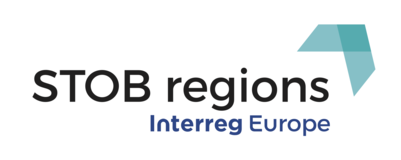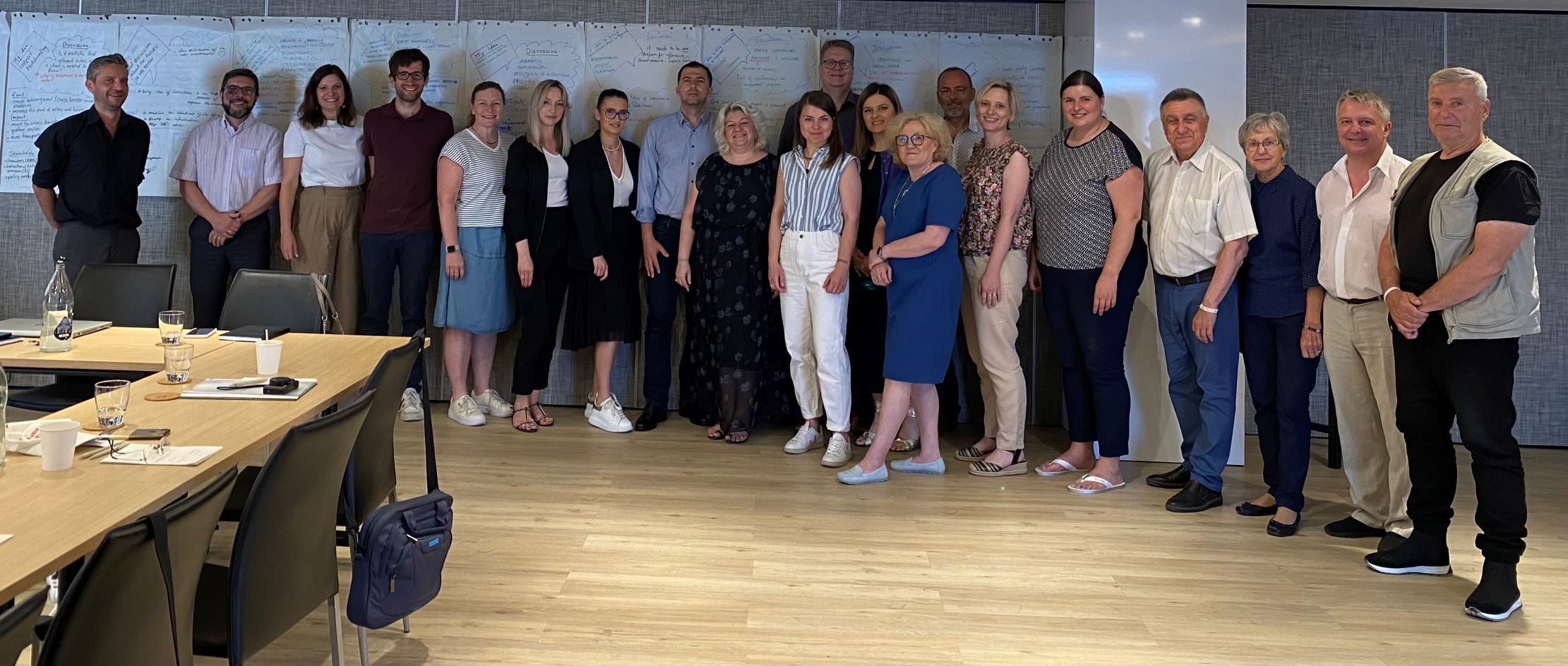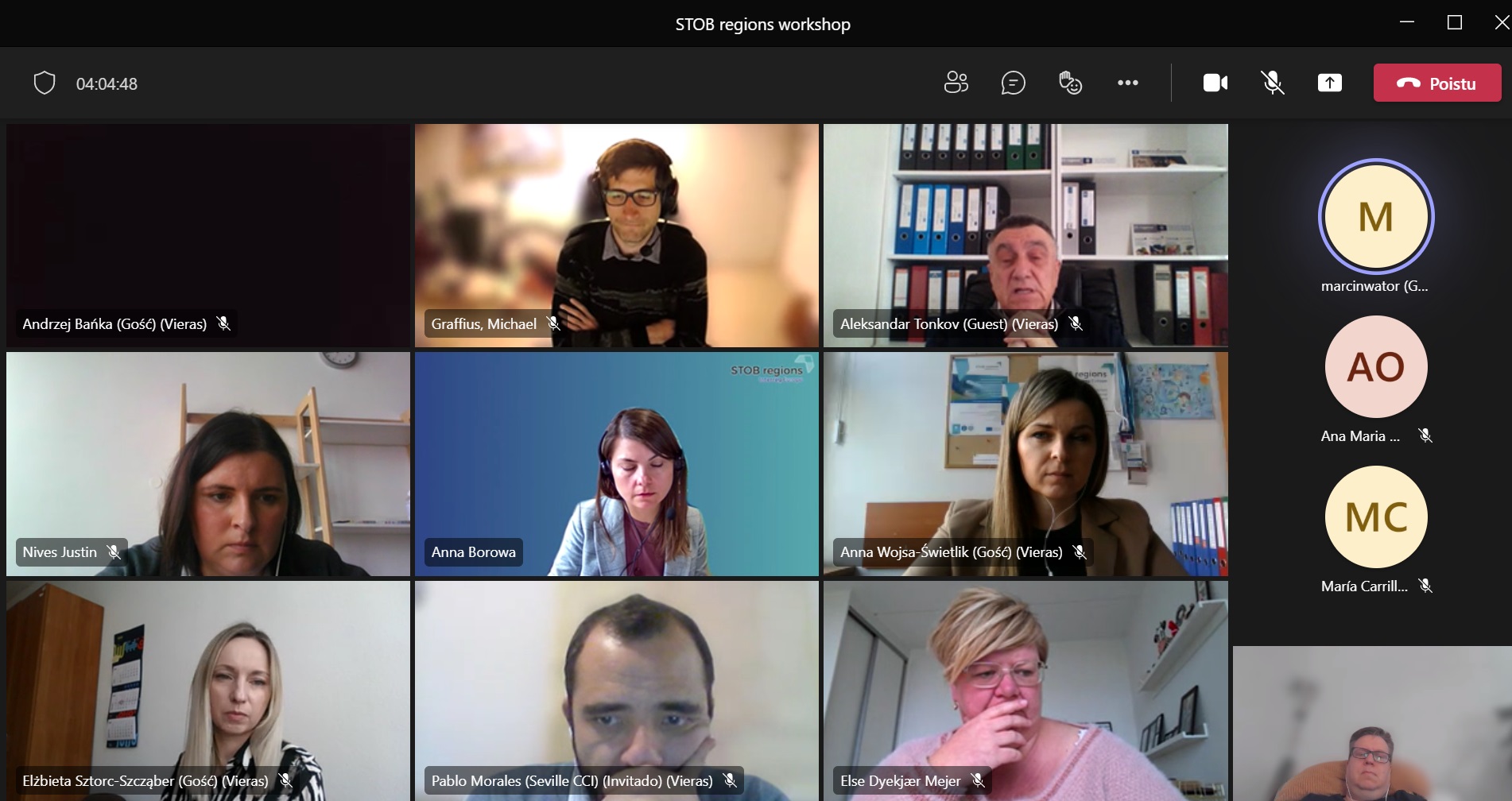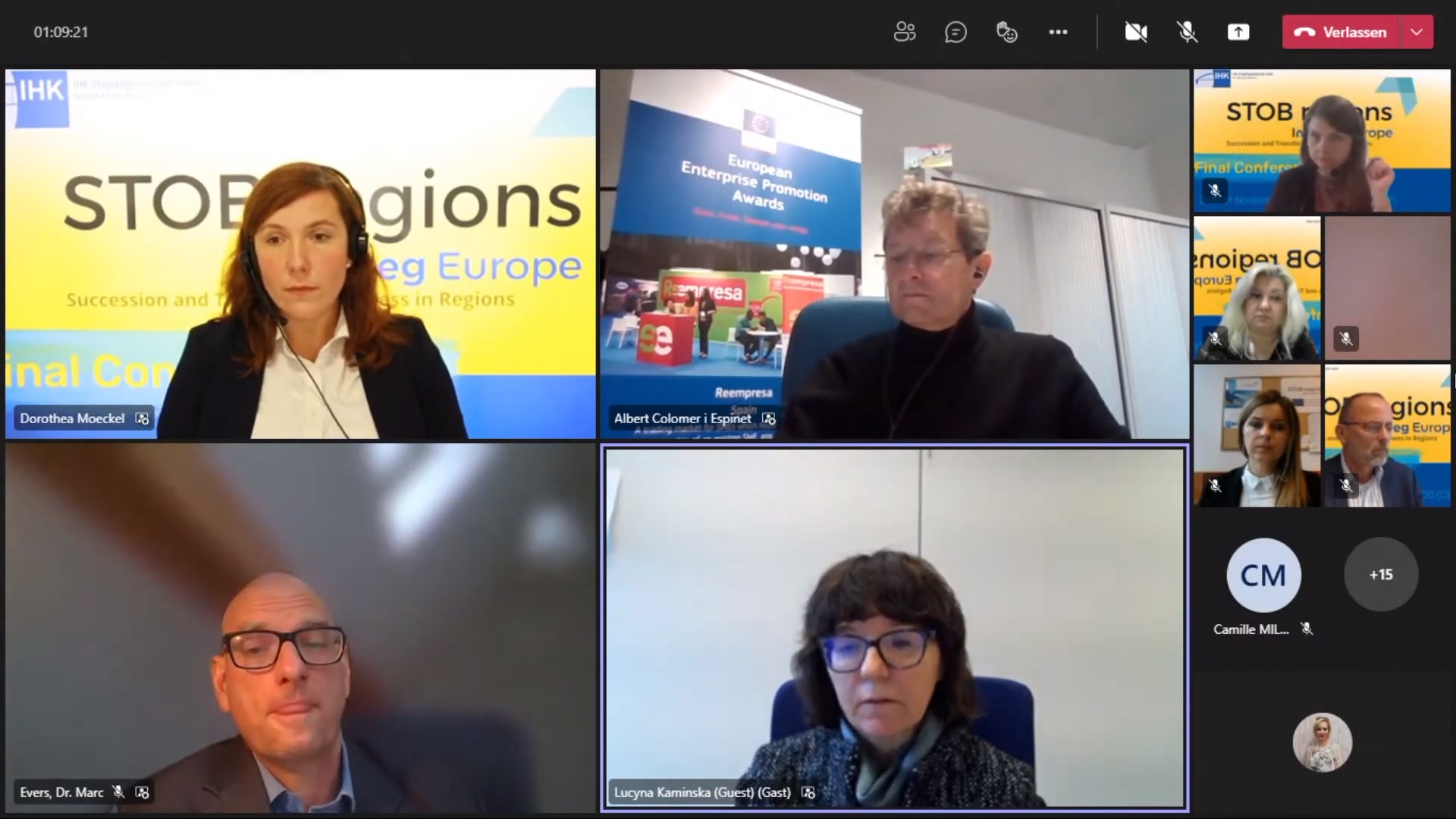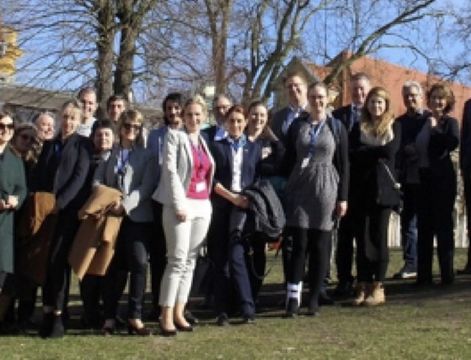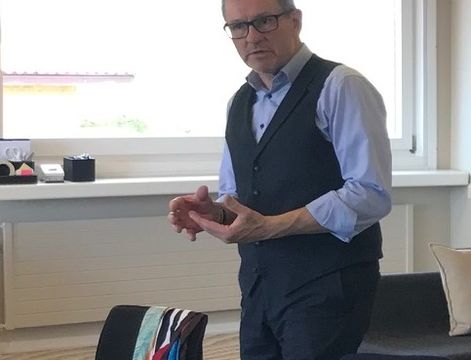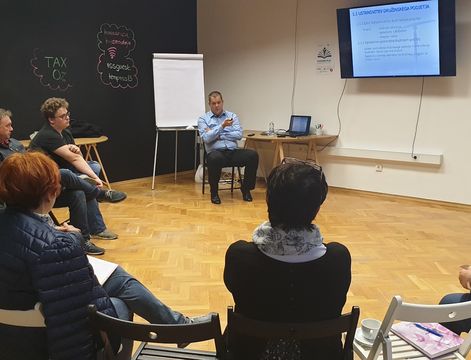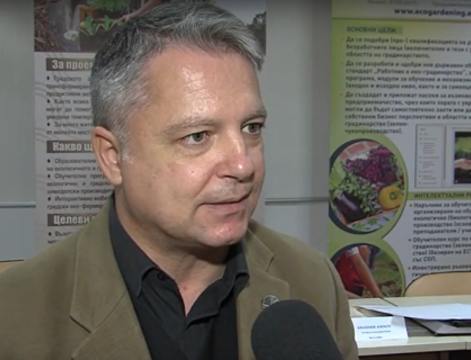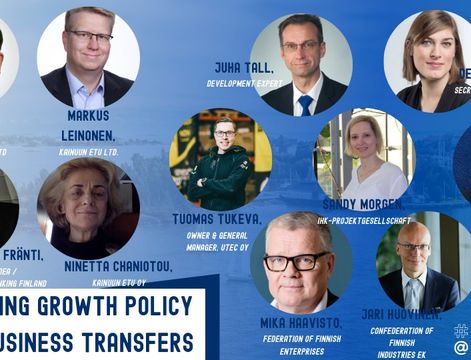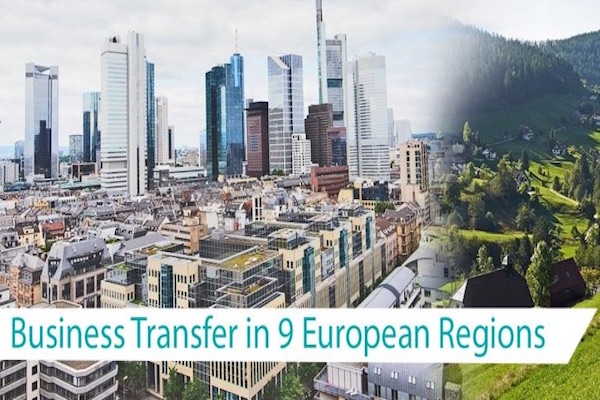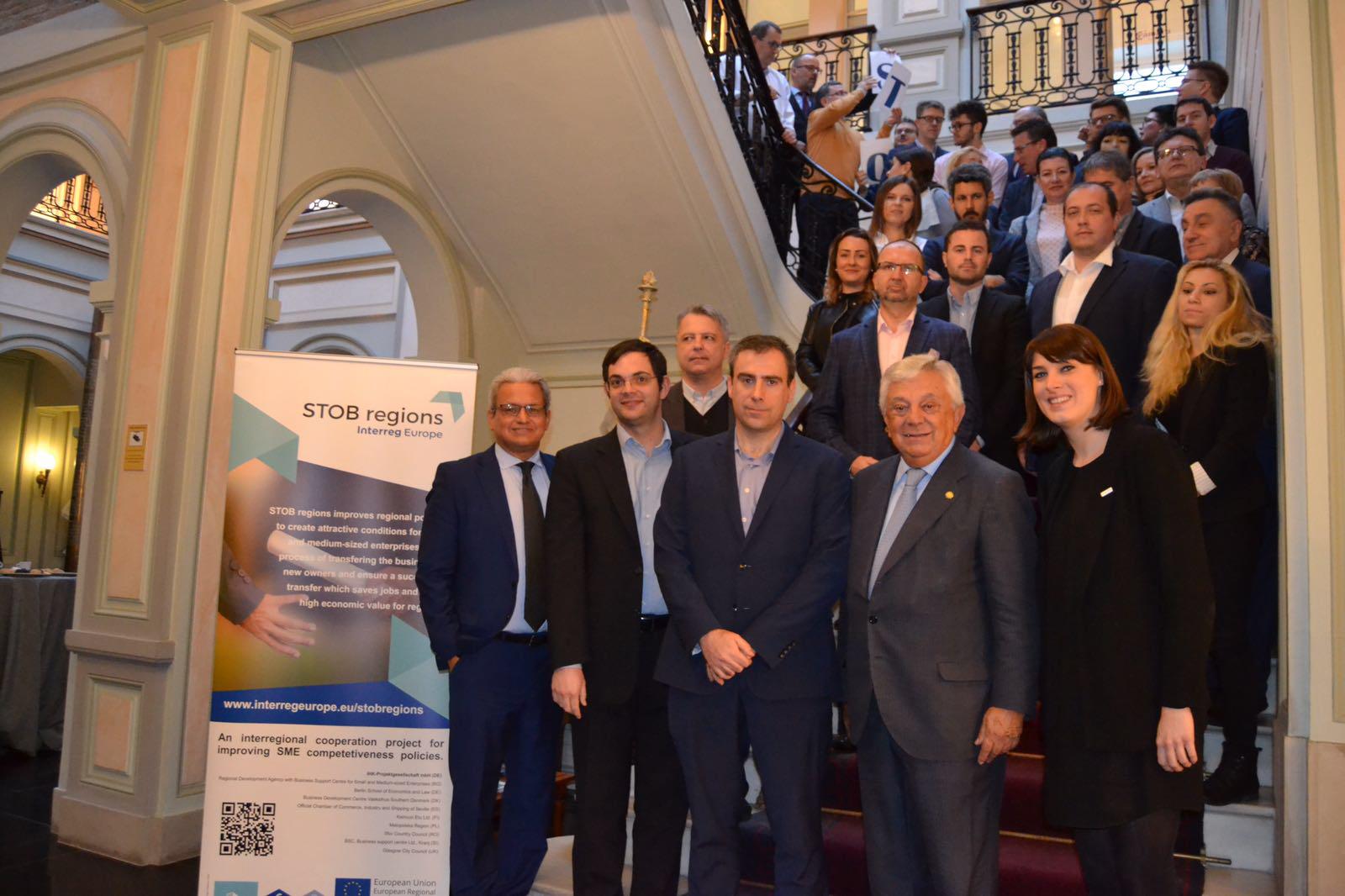BSC Kranj, project partner of STOB Regions project, has completed the second cycle of workshops for family businesses that are already considering transferring business ownership to the next generation. Participating in the workshops were both representatives of business owners and successors.
During the kick-off meeting, BSC Kranj presented to the participants what a family business really is, why it is so common in Slovenia (more than 83% of all companies in Slovenia are family owned), the specifics of family entrepreneurship and the basics of the ownership transfer process. In addition to addressing the issue that a family business is not necessarily the same family and why the first generation is so strongly (emotionally) attached to the business.
Providing examples of best practices, both successful and unsuccessful transfers of ownership, we presented to the participants the complexity of the process of ownership transfer, individualistic approach and the specifics of transfer, various forms of transfer (also the option of selling the company or taking over by employees).
 The second workshop focused on the legal aspect of business succession. The participants received information and advice on the methods and conditions of entry or exit of the shareholder in the company, the methods of transfer and / or sale of ownership shares, legal aspects of resolving disputes between partners and the importance of a well-prepared act of incorporation.
The second workshop focused on the legal aspect of business succession. The participants received information and advice on the methods and conditions of entry or exit of the shareholder in the company, the methods of transfer and / or sale of ownership shares, legal aspects of resolving disputes between partners and the importance of a well-prepared act of incorporation.
The legal aspect of transferring ownership of a business or selling a business is extensive and demanding, so the lecturer has repeatedly emphasized the importance of having a good conversation inside the family and company: reconciling, agreeing, and then seeking the assistance of a lawyer who formally approves the agreement.
The third workshop was devoted to the following topics: defining family businesses and their creation, business aspects and legal aspects, tax aspects and family silverware - untouchable property of a family / business that is not for sale. The lecturer also highlighted two very important questions to ask: "How and to whom will they hand over business management?" And "What will happen to business ownership?".
The fourth workshop concentrated on the tax aspect of transferring family business ownership. Namely, when transferring ownership, it is always necessary to take into account the property aspect (whether the owner of the company wants to keep something for himself or transfer / sell everything after the transfer), the family aspect, the tax aspect (reliefs and impact on taxation at the transfer of ownership) and the status aspect. The participants learned about possible scenarios, strengths and weaknesses of these scenarios, but the lecturer emphasized that each company and each family is a chapter for themselves and that when transferring ownership, it is necessary to look at the existing situation, to arrange property, stock and assets register before the transfer, and then choose the optimal transfer method.
At the fifth, final workshop, we devoted our time to reviewing the draft transfer plans of participants. The lecturer also gave all the companies instructions on how to proceed and helped them set a timetable for implementation.
The expert also presented to the participants how they can take business succession as an opportunity to renew their business, an opportunity for innovation and strategic shifts.
Participants expressed their desire and need for similar events / workshops as providing space for a new perspective on their family / business situation, an opportunity to share experiences with other entrepreneurs in a similar situation, and above all, they recieved new knowledge that they can use in their case.
The final report of the second round of succession workshops can be accessed here .
For more information regarding our project partner, BSC Kranj, visit their website here.
